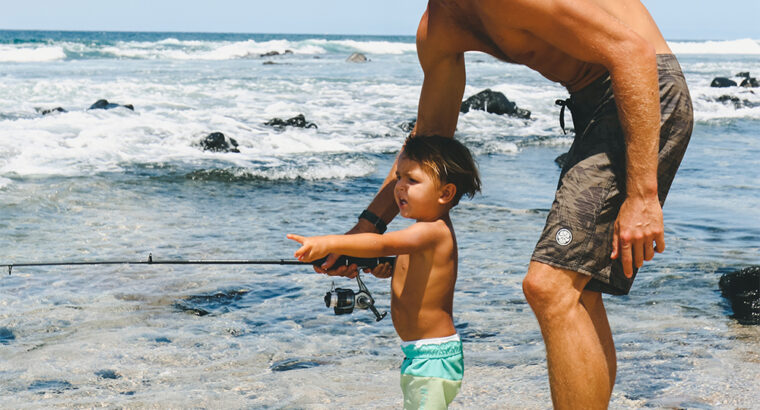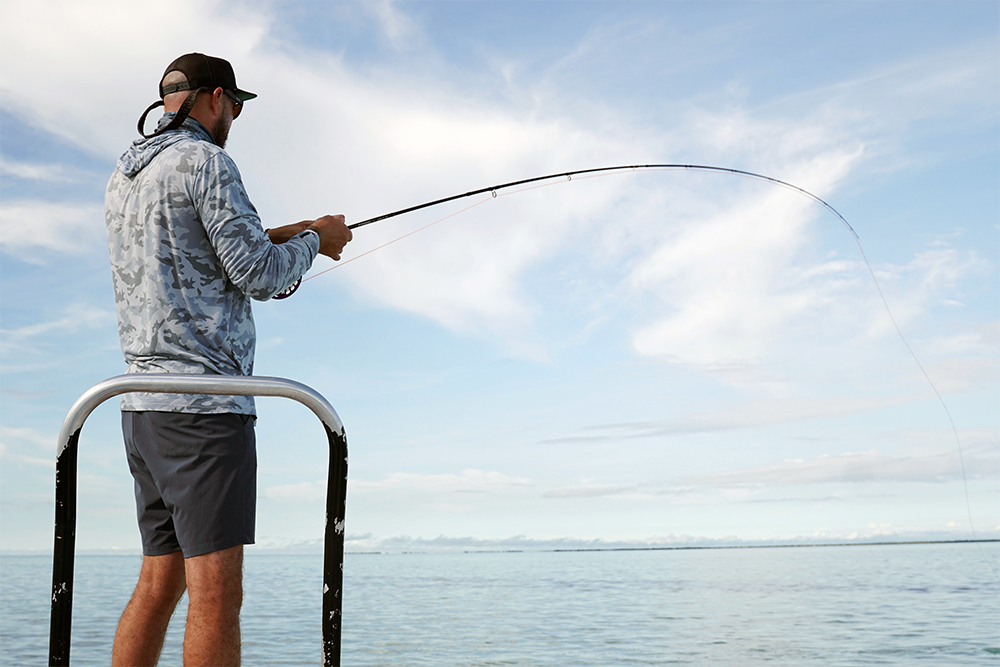Research the area: Before you head out, research the area where you plan to fish. Learn about the tides, currents, and the types of fish you can expect to catch. You can also check with local fishing guides or bait shops for advice.
Choose the right equipment: Saltwater fishing requires specialized equipment that can withstand harsh environments. You will need a saltwater rod and reel, appropriate fishing line, hooks, sinkers, and lures. The size and type of equipment will depend on the type of fish you plan to catch.
Use the right bait: Different fish species prefer different types of bait. Some popular saltwater baits include live or cut bait, shrimp, squid, and artificial lures. Again, research the area and the fish species you are targeting to determine the best bait.
Pay attention to the tides: The tides have a big impact on saltwater fishing. Some fish are more active during incoming tides, while others prefer outgoing tides. Keep track of the tides in your area and plan your fishing accordingly.
Follow the regulations: Make sure you know the local regulations for saltwater fishing, including size limits, bag limits, and seasons. Observe catch-and-release practices for species that are protected or endangered.
Practice safety: Saltwater fishing can be dangerous if proper precautions are not taken. Wear appropriate clothing and footwear, use sunscreen, and be aware of any potential hazards in the water, such as jellyfish or strong currents.
Be patient: Fishing can require a lot of patience, so be prepared to wait for the fish to bite. Remember to enjoy the experience and appreciate the beauty of the saltwater environment.
These are just a few general tips to get you started with saltwater fishing. With some practice and experience, you will learn more about the specific techniques and strategies for different types of saltwater fishing.




